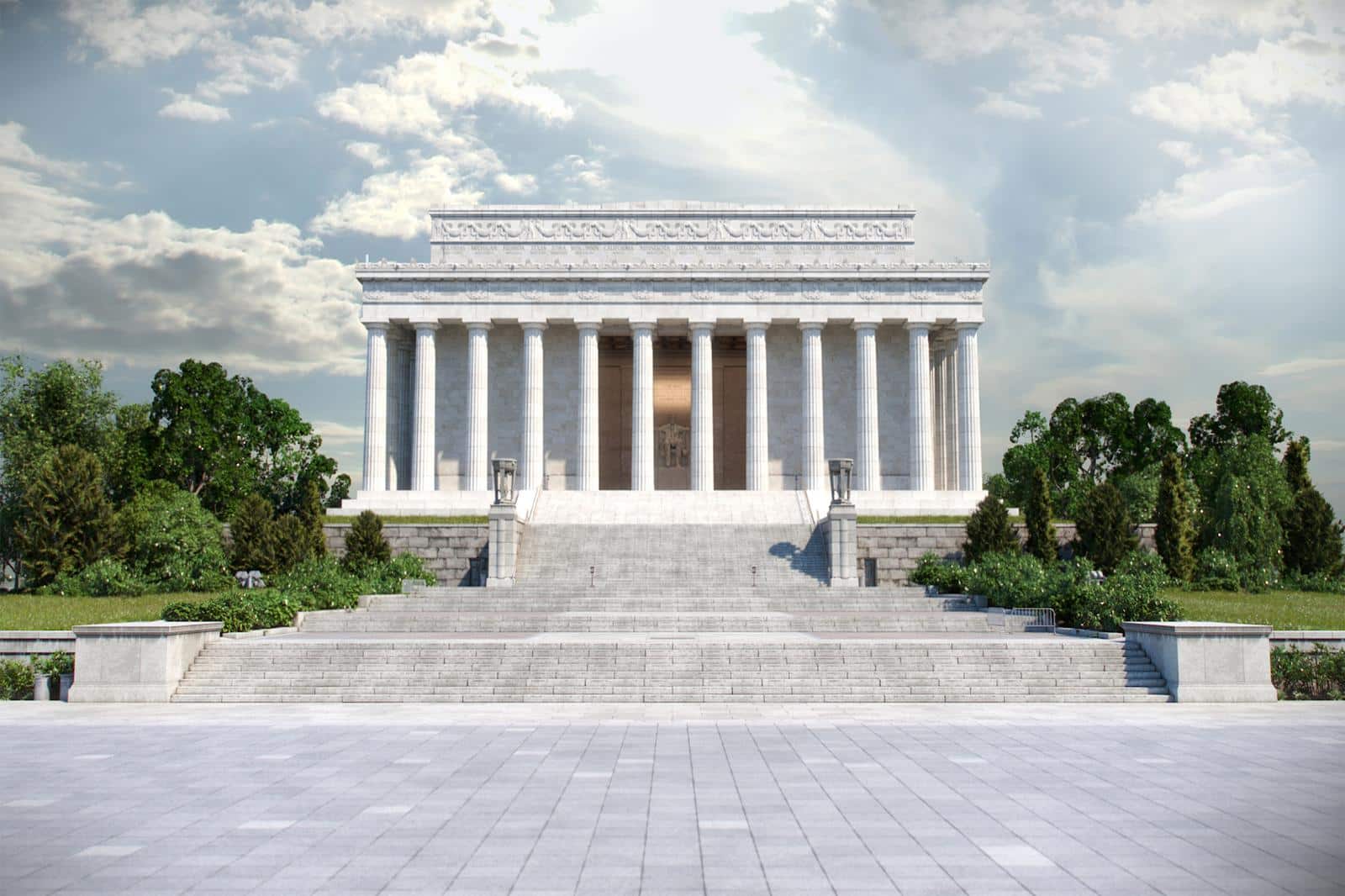State Constitutional Rights Federalism
State Constitutional Rights Federalism, also known as “new judicial federalism” refers to the practice that developed in the 1970s of state courtsrelying on state…
This encyclopedia provides a comprehensive reference explaining the major concepts, institutions, court cases, epochs, personalities, and policies that have shaped, or been shaped by, American federalism. It describes federalism’s creation and evolution, and its influence on local, state, and national governmental institutions, procedures, and policies. The models used to explain the various historical eras in the development of federalism are also included. Originally published by Greenwood Press in 2005, this encyclopedia contained over 400 entries relating to American federalism. In its current online form, entries are being added and old ones updated. See more…

State Constitutional Rights Federalism, also known as “new judicial federalism” refers to the practice that developed in the 1970s of state courtsrelying on state…
In United States v. Cooley (2021), the U.S. Supreme Court ruled unanimously that an Indian tribe police officer has the authority to detain temporarily…
Frank Jacob Palko was convicted of second-degree murder in 1935 for killing two police officers in Bridgeport, Connecticut, and sentenced to life in prison…
See Incorporation (Nationalization) of the Bill of Rights
Founded in 1924, the National League of Cities (NLC) is a nonpartisan public officials’ association that exists to promote the mutual interests of the…
Also known as the Wagner Act, the National Labor Relations Act of 1935 greatly expanded the federal government’s power to regulate interstate commerce by…
See Schechter Poultry Corporation v. United States
See Military Affairs
There is currently no text in this page. You can search for this page title in other pages, or search the related logs, but you do not…
There is currently no text in this page. You can search for this page title in other pages, or search the related logs, but you do not…
Founded in 1975, the National Conference of State Legislatures (NCSL) is a nonpartisan public officials’ association composed of sitting state legislators. The NCSL promotes…
The purpose of the National Association of Towns and Townships (NATaT) is to represent the interests of towns and townships before the law and…
Founded in 1935, the National Association of Counties (NACo) is a nonpartisan public officials’ association that exists to provide county officials with a voice…
53 to 65
|
481 Results
The Center for the Study of Federalism (CSF) is a nonpartisan, interdisciplinary research and education institution dedicated to supporting and advancing scholarship and public understanding of federal theories, principles, institutions, and processes as practical means of organizing power in free societies.
All of the CSF Fellows hold advanced degrees, are affiliated with academic institutions, and are scholarly experts in their fields. For more on each Fellow see CSF Fellows.
Most political and public issues in the United States are influenced to some extent by its federal system. Yet many do not understand that system. The CSF website seeks to foster a better understanding among the general public and scholars of federal governing systems generally and, specifically, of the federal system of government in the United States of America.
The CSF materials are free to use for educational purposes. If published, please acknowledge CSF as the source. If you intend to use these materials for profit, please, contact the Center for the Study of Federalism for permission. Some materials on the website are not owned by CSF and permission to use those materials should be sought with those holding legal title to the material.
Click here to sign-up to receive notifications about CSF materials and events. We will not share your email with any outside organizations or individuals.
Please direct all questions and comments related to this website, and inquiries about the research and teaching grants and awards, to us here. Remember CSF is a nonpartisan, interdisciplinary research and education institution.